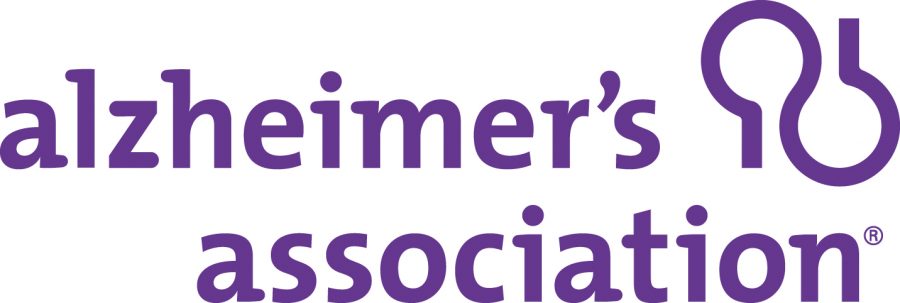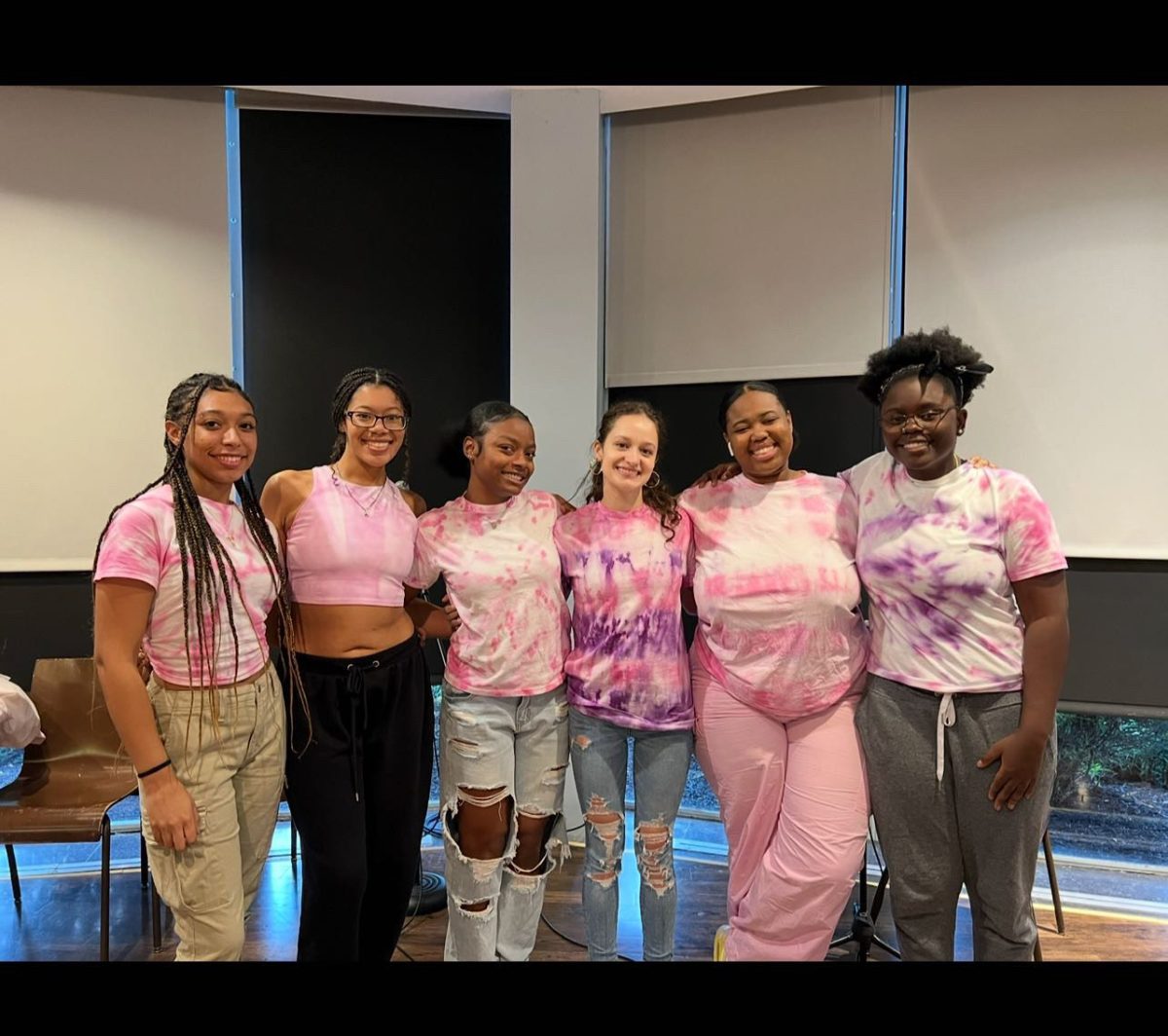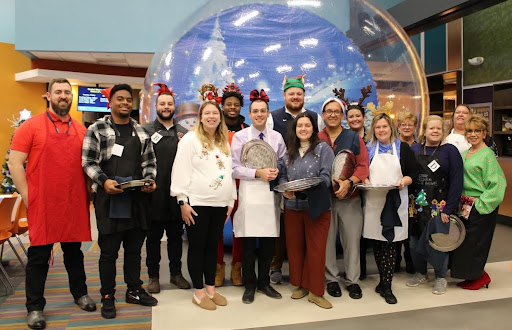Utica College’s chapter of the Kappa Delta Phi, N.A.S., are putting on a prize board event where students and faculty can pay money to win prizes donated from local businesses to raise money for The Alzheimer’s Association. It will take place Feb. 19 in White Hall from 10 a.m. to 1 p.m., Feb. 28 from 4:30-6:30 p.m. in Strebel Student Center and March 7 from 11 a.m. to 2 p.m. outside of the dining hall. The event will include gift cards and vouchers from Wanna Play Cafe, The Outback, Bodily Charm and more.
The following are experiences shared by Kappa Delta Phi members who, along with their families, were affected by Alzheimer’s Disease.
“Alzheimer’s disease, based on my experience, has been the process of grieving the loss of a loved one while they are still alive.
“From a young age, my grandmother went from living at home to shifting from one nursing home to another. As I grew up, I watched as her symptoms worsened and the impact her memory loss had, particularly on my mother. Eventually, my grandmother began mistaking my mother for her own mother, could not remember who I was and had forgotten that her husband was no longer alive.
“Towards the last six months of her life she was nonverbal, and I knew that her soul and spirit was no longer there. The progression of her Alzheimer’s brought worry and grief onto my family, and her passing in 2012 was heartbreaking for anyone who knew my grandma’s captivating personality.
“However, there was an underlying sense of relief that she was no longer subject to the confusion and distress that came with having Alzheimer’s. Alzheimer’s disease is a terrible, debilitating disease that takes so much more than just the people it’s affecting. Yet, with how selfishly Alzheimer’s took and took, it did help me to embrace the beauty of life’s memories and the importance of family.”
-Tiffany Brady
“What do you say when your own grandmother doesn’t recognize you? Some of my first memories are that of my nana. She would regularly come and pick me up from daycare, being the first one to ask me, ‘How was your day honey?’
“When I was little I didn’t understand why my mom had to eventually take away my nana’s car, I was just upset because she wouldn’t be there to pick me up anymore. I didn’t understand why my nana wasn’t eating, or that she stopped doing her laundry because she didn’t remember how to anymore. I didn’t even question why she would sometimes take longer to greet me by name.
“Eventually there a came a point where a decision had to be made in regards to my nana’s care. My mom struggled with the decision to move her into an assisted living home. I remember her crying at the thought of not being able to help her herself.
“As my nana’s needs increased, we had to move her to more specialized facilities. We felt guilty that she had to be there, but we were unequipped to care for her needs on our own.
“Now that she is gone, I look back on those memories and wish I had a greater understanding of the disease when she was alive. I am so grateful that I am now in a position to spread my story about how Alzheimer’s has affected my family.”
-Paige Courbat
“My grandmother’s mind began to deteriorate when I was around the age of 12. In fact, the first time my mom realized that something was going on with her was when my grandpa was having his second open heart surgery in Cleveland, Ohio at the Cleveland Clinic. In any other time of her life, my grandmother would have wanted to be by my grandpa’s side the entire time, however, my grandmother insisted she go back to the hotel and sleep after the surgery.
“Ever since then, my grandmother slipped more and more into the depths of Alzheimer’s. Eventually, my grandfather began to succumb to his age and could no longer take care of his wife, even with the help of my mom. Unfortunately, we had to move my grandmother into a nursing home where she stayed for the last eight years of her life.
“It is important to recognize that Alzheimer’s is often referred to as a ‘family disease’ because it not only impacts the person that is diagnosed, but it also impacts everyone around them. There were days when my mom would not even have time to eat or take care of herself because she was so concerned with taking care of her parents and her children. I have seen firsthand just how much caring for a loved one with Alzheimer’s can impact the caregiver’s health and wellbeing.
“Those last eight years of my grandmother’s life, I had to watch her suffer each and every day to remember even the simplest of things. It pains me to realize just how many other people suffer from this disease, too. With the recent passing of my grandmother, I am more eager now than ever to put my time and energy into Alzheimer’s research so that in the future nobody will have to suffer as she did.”
-Alyssa Crowe
For more information contact Melanie MacDonald at [email protected]


















![President Todd Pfannestiel poses with Jeremy Thurston chairperson Board of Trustees [left] and former chairperson Robert Brvenik [right] after accepting the university's institutional charter.](https://uticatangerine.com/wp-content/uploads/2023/10/unnamed.jpeg)




















































































































